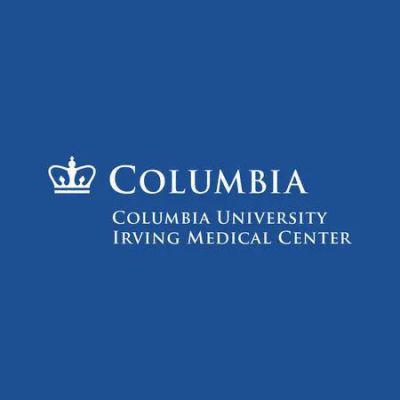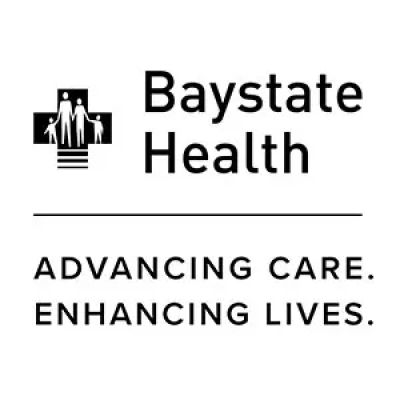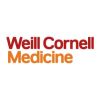- 1-understanding-the-importance-of-diet-in-heart-disease
- 2-key-nutrients-and-foods-to-promote-heart-health
- 3-foods-to-avoid-for-heart-disease-patients
- 4-practical-diet-tips-and-meal-planning
- 5-personal-stories-and-successful-diet-changes
- 6-expert-advice-and-resources-for-heart-healthy-living
Understanding the Importance of Diet in Heart Disease
Heart disease remains a leading cause of death worldwide, and managing it requires a comprehensive approach — one that places diet at the forefront. The food choices you make can either protect your heart or accelerate damage. For heart disease patients, adopting the best diet is not just about weight management but about reducing inflammation, controlling cholesterol, and improving blood vessel function.
Scientific studies consistently show that diets rich in whole, nutrient-dense foods help reduce the risk of heart attacks and improve quality of life. Conversely, diets high in saturated fats, trans fats, and excessive sodium worsen heart health. This knowledge underscores why a targeted heart-healthy diet is essential for patients seeking to manage or reverse heart disease.
Key Nutrients and Foods to Promote Heart Health
Heart disease patients benefit from focusing on specific nutrients that support cardiovascular function. Omega-3 fatty acids, abundant in fatty fish like salmon and mackerel, reduce inflammation and lower triglycerides. Fiber-rich foods such as oats, beans, fruits, and vegetables help reduce LDL cholesterol levels, the “bad” cholesterol linked to artery plaque buildup.
Antioxidant-rich foods, including berries, leafy greens, and nuts, combat oxidative stress that damages heart tissues. Additionally, incorporating healthy fats like those from olive oil and avocados supports healthy cholesterol balance. Lean protein sources, such as skinless poultry and legumes, provide essential nutrients without added saturated fat.
Maintaining adequate hydration and including foods with potassium, such as bananas and sweet potatoes, can help regulate blood pressure—a crucial factor in heart disease management.
Foods to Avoid for Heart Disease Patients
For patients with heart disease, avoiding certain foods is as important as including beneficial ones. Saturated fats found in fatty cuts of meat, butter, and full-fat dairy products raise LDL cholesterol and increase the risk of plaque formation. Trans fats, often present in processed baked goods and fried fast foods, have even more detrimental effects and should be eliminated completely.
Excess sodium intake can lead to high blood pressure, a major risk factor for heart disease progression. Processed meats, canned soups, and salty snacks are common culprits. Refined carbohydrates and added sugars, prevalent in sugary drinks and desserts, contribute to weight gain and insulin resistance, further straining heart health.
Limiting alcohol consumption is also advised, as excessive drinking can elevate blood pressure and triglyceride levels.
Practical Diet Tips and Meal Planning for Heart Disease Patients
Transitioning to the best diet for heart disease patients requires thoughtful planning. Start by incorporating more plant-based meals, which are naturally lower in unhealthy fats and rich in fiber. Meal prepping can help avoid impulsive choices that may include unhealthy options.
Experiment with herbs and spices like garlic, turmeric, and rosemary to flavor food without excess salt. Choose whole grains such as brown rice and quinoa over refined grains. Reading nutrition labels is essential to identify hidden sodium and sugars.
Portion control plays a key role, too. Using smaller plates and measuring servings can prevent overeating, which indirectly benefits heart health by maintaining a healthy weight.
Personal Stories and Successful Diet Changes
Consider the experience of Robert, a 58-year-old diagnosed with coronary artery disease. After adopting a Mediterranean-style diet rich in fish, nuts, and vegetables, Robert reported improved energy and lower cholesterol levels within six months. His story reflects the tangible benefits of dietary changes for heart disease patients.
Similarly, Angela, a retired nurse, shares how swapping processed foods for fresh produce and whole grains helped stabilize her blood pressure and reduce medication reliance. Such real-life accounts inspire and demonstrate that sustainable changes are achievable.
Expert Advice and Resources for Heart-Healthy Living
Leading cardiologists and nutritionists recommend a diet rich in diverse whole foods tailored to individual needs. Professional guidance is critical, especially for patients with coexisting conditions like diabetes or kidney disease.
For those seeking support, HeartCare Hub offers tailored products, meal plans, and expert consultations to help patients maintain the best diet for heart disease patients. Using reliable resources can empower individuals to take charge of their heart health effectively.
Combining diet with regular exercise, stress management, and medical care forms a comprehensive approach to managing heart disease and improving longevity.




















